At the 2012 Republican National Convention, Mitt Romney’s acceptance speech was well received by an energized audience. But at least one particular point of his speech was embraced with an extra sense of joy, laughter, enthusiasm and even a standing ovation. “Barack Obama” he exclaimed, invoking the name of the president with a certain measured scorn, “says he will stop the rise of the oceans…and heal the planet” Romney paused and rolled his eyes, playing the moment. The clear target of his speech was the issue of Climate Change. His tone was mocking and disbelieving, and the audience erupted in laughter at the apparently preposterous notion that Climate Change might be worthy subject in a political campaign for the highest office in the land.
Why would the sober, scientific issue of Climate Change and the question of what policy, if any, is appropriate for our government to pursue, become the butt of an effective political joke? Indeed, when a brief mention of Climate Change becomes more than a point of policy disagreement, but a issue addressed with derision and scorn, the biggest punch line in a presidential campaign, you know something very significant has happened. The issue has left behind the milieu of reasonable, passionate political discourse and entered into that murky area political theorists label as the “culture wars”. Indeed, the phrase “Climate Change” has effectively become a surrogate for an entire way of seeing the world, a convenient way of evoking, not just the issue of carbon in the atmosphere, but a more fundamental conflict of worldviews, a quick and easy way of evoking “us” and “our” values as opposed to “them” and “theirs”. It is a shorthand means of inciting a kind of tribal loyalty, one whose mocking tone and derisive sneers are choreographed perfectly to contrast with the ultra serious words and tone of their opponents at the opposite pole — the alarmist Climate Change activists who predict planetary disaster if we don’t radically and immediately scale back the engines of modernism and capitalism.
It is this culture war, and the political paralysis that comes from it, that the Institute for Cultural Evolution was formed to address. Founded by four evolutionary authors, including myself, Elizabeth Debold, Steve McIntosh, and Michael Zimmerman (with John Mackey and Jeff Salzman serving as board members), this start-up think tank is drawing on the latest insights from fields as diverse as evolutionary theory, developmental psychology and Integral Philosophy. The Institute for Cultural Evolution (ICE) brings a new analysis to the national and global political spectrum, one that allows us to see “inside” these disparate worldviews and understand the dynamics that lead to these cultural clashes. Informed with this knowledge, we are devising strategies for defusing these vexing tensions, allowing authentic progress to be made on political issues that have confounded experts and divided well-meaning Americans against themselves.
Climate Change is one particular issue in which the clash between two worldviews has been especially pronounced. On this Earth Day in 2013, in which we celebrate the emergence of contemporary environmentalism and a deeper care for the Earth and the natural systems that sustain all of life, it is worth reflecting more deeply on the troubles besetting the current environmental movement. As support for action on Climate Change has fallen in the polls over the last few years, it has become clear that even a great deal of what we would call the mainstream of American political opinion is extremely hesitant to embrace Climate Change as a recognized truth that requires concern and a measured response. These are not fringe activists nor right-wing social conservatives, but people at the relative center of our political spectrum. And yet the scientific consensus has not swayed them. Why? At ICE, our novel analysis of this political reality has led us to important conclusions about how the environmental movement can and should evolve it’s position and messaging if it wants to have a real impact on the debate. As we explain in our Climate Plan:
“Much of the American public’s resistance to embracing political and economic programs designed to reduce environmental degradation in general, and climate change in particular, stems from an historical opposition that exists between the two major cultural demographic segments identified by ICE as “modernism” and “postmodernism.” Naturally antagonistic to each other, these worldviews produce tensions that result in conscious and unconscious opposition on both sides. Reducing this often over-reactive polarization requires a change in values and in the perception of the values held by those in the other “camp,” if you will. This is the focus of the Institute: the transformation and integration of competing perspectives within the U.S. body politic.”
We invite you to explore our new website and learn about a new form of socio-political analysis and activism.

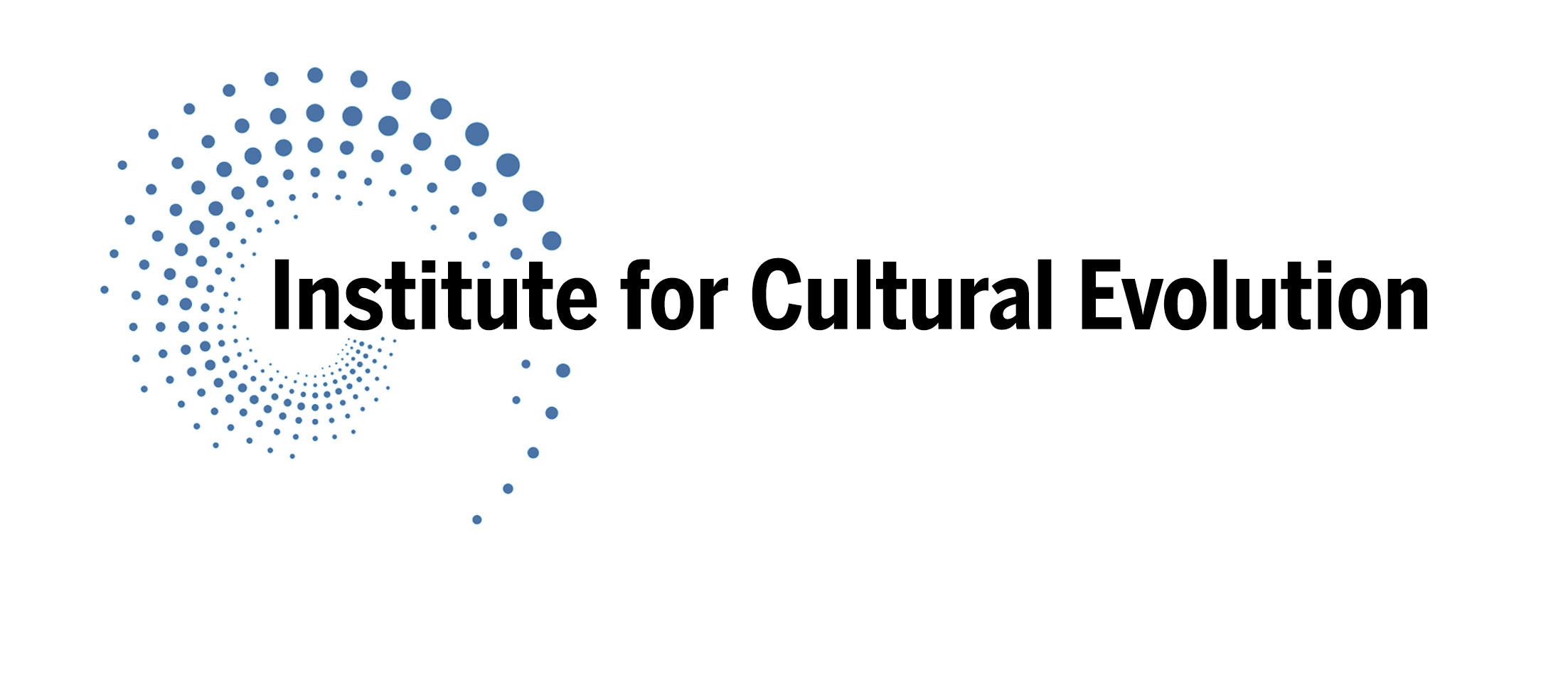
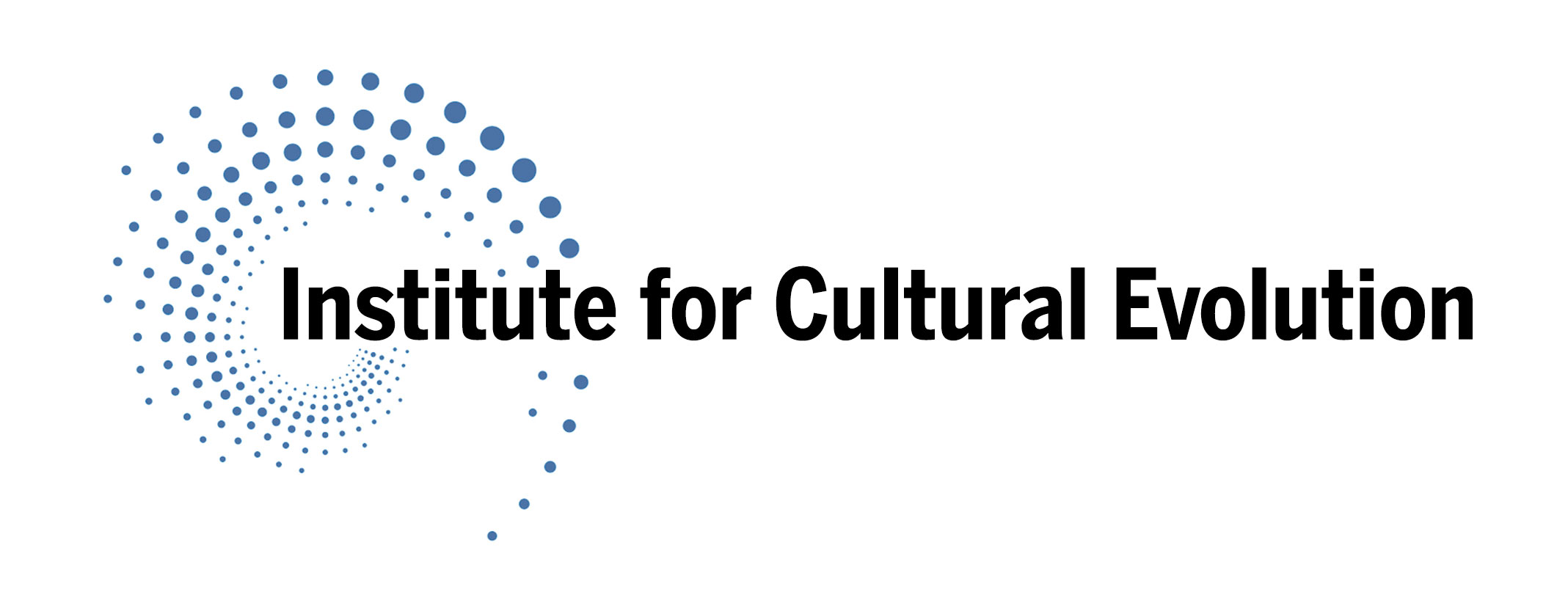
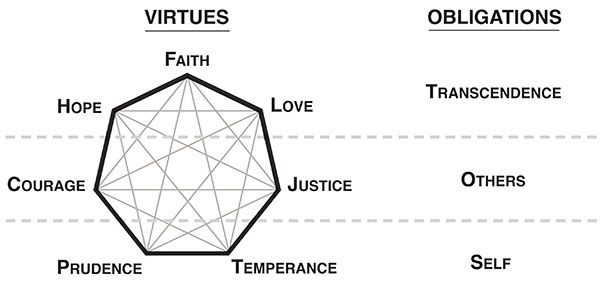
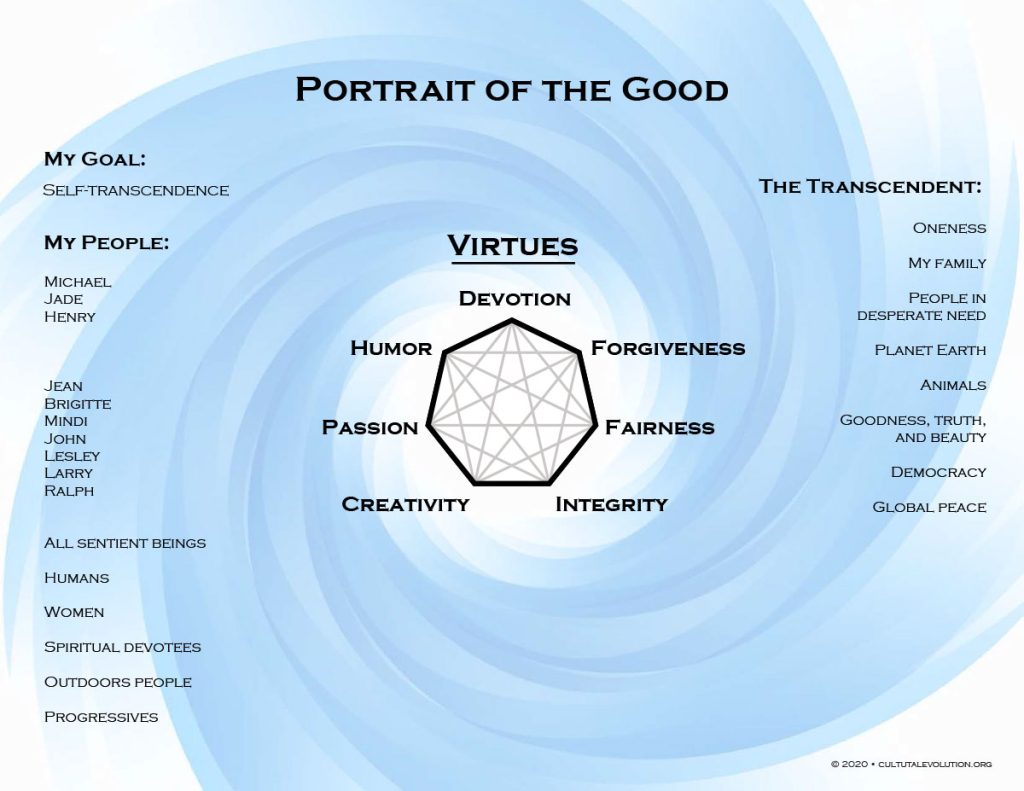
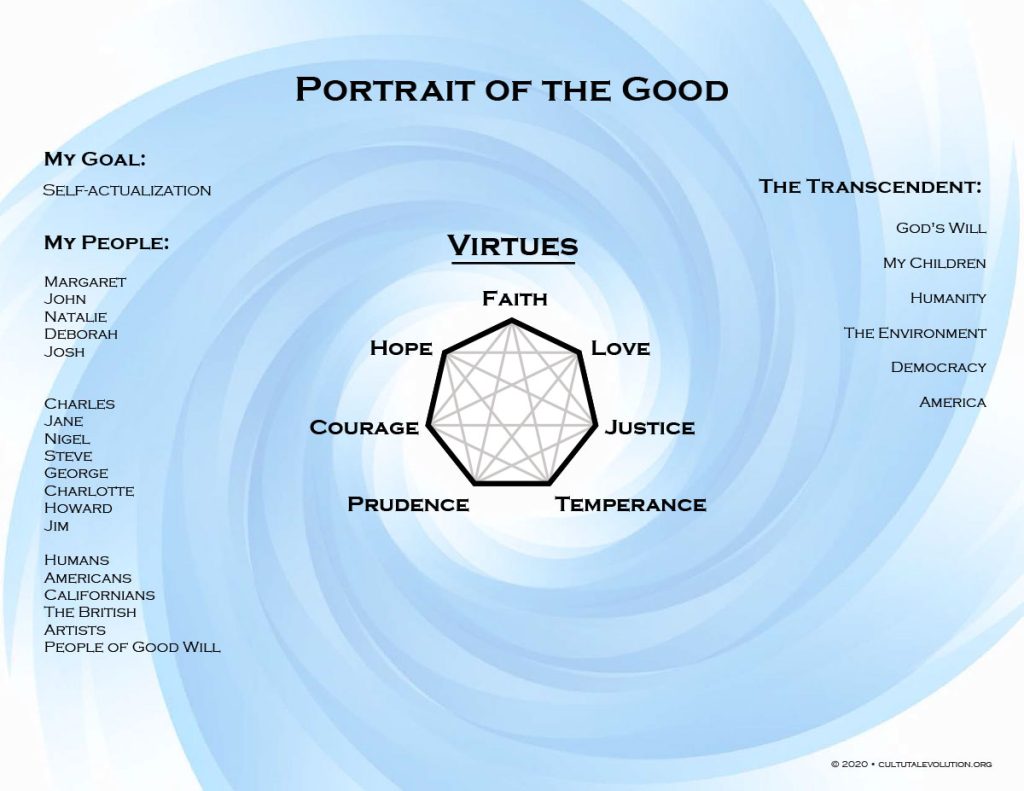
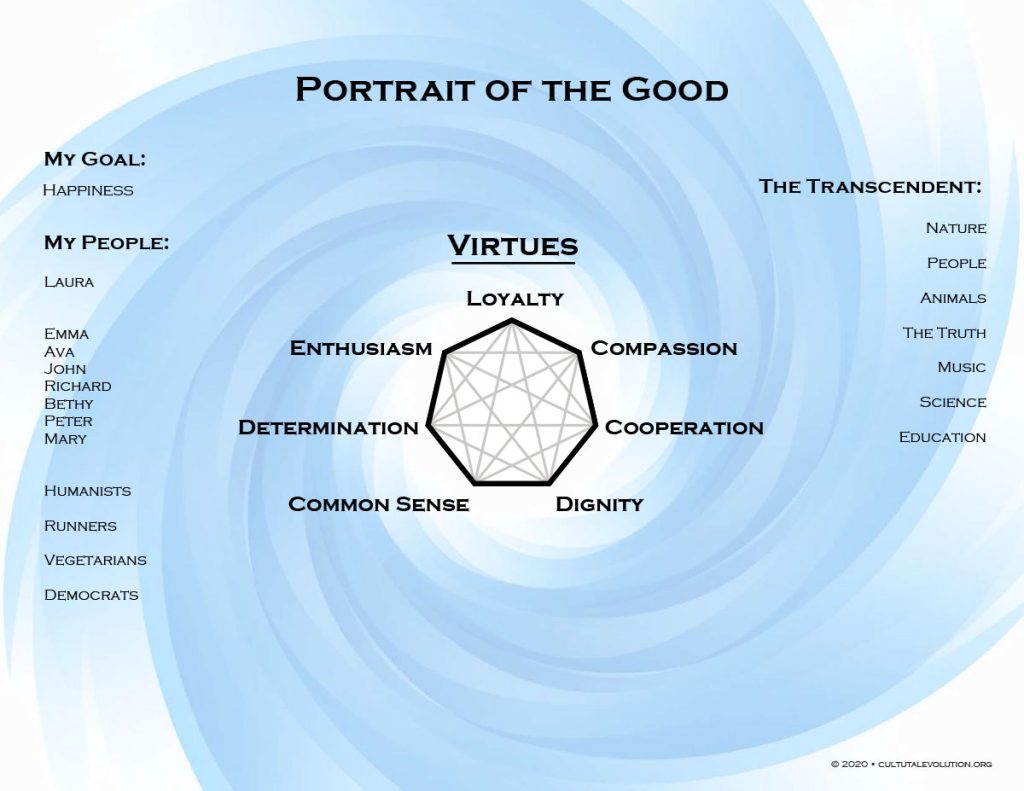
injection testosterone prise de masse
The aerial view of cultural and political conflicts provided by the ICE website’s Climate Change Campaign is exactly what is needed. Only by having a more comprehensive vision can people get beyond the natural self-righteousness that keeps them stuck in their own perspective. Openness to genuinely try to understand other perspectives is critical to the workings of democracy, never more important than now when our country is gridlocked on so many issues. I hope that many environmental leaders and organizations will eventually benefit from the vision and strategy set forth by ICE.
It is so wonderful to have some rational thinking about these issues which are so often reduced to “sound bites:” fragments which are stated with unquestioned clarity in a way that negates and limits much needed nuanced and complex discussion. At the same time, it can be shocking to see how one’s own understanding can be “trapped” in patterns of unconscious social convention; so much rests on our willingness and capacity to evolve our own thinking. So glad to see new ways of dealing with these interior and exterior cultural “logjams;” ways grounded in free yet complex and realistic thinking the outcomes of which will be measured for their impacts. Kudos!!
So appreciate the emergence of ICE at this critical time in our world. The new understanding that you are bringing is so needed to take our world forward. May your efforts bear huge fruits – and quickly!